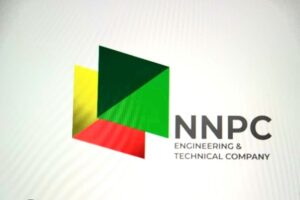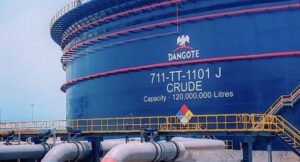

Nigeria’s petrol supply at risk due to $6bn debt and high forex rates, IPMAN warns of a potential extended shortage
The outlook for resolving Nigeria’s petrol shortage is growing increasingly grim due to mounting difficulties faced by the Federal Government. A massive $6 billion debt to petrol suppliers and a severe liquidity crisis are severely limiting the government’s ability to import petrol.
Compounding the issue, the Independent Petroleum Marketers Association of Nigeria (IPMAN) has reported that its members are unable to access bulk petrol supplies. Rising foreign exchange rates, now at $1,500 per dollar, have pushed the landing cost of petrol above N1,100 per litre, making it financially unfeasible for oil marketers to import the product.
This financial strain has led to worsening fuel shortages, with consumers facing elevated prices at the pump. The Nigerian National Petroleum Company (NNPC) has been hit particularly hard, with importation costs turning negative in August 2023 and escalating to N5.41 trillion by April 2024. The devaluation of the naira has further strained NNPC’s finances, raising concerns about the sustainability of petrol imports and potential future shortages.
IPMAN has voiced concerns about its exclusion from direct petrol supplies from NNPC Limited, forcing its members to buy from private depots at inflated prices. Chief Chinedu Ukadike from IPMAN noted that while petrol is beginning to arrive at ports in Warri, Lagos, and Port Harcourt, members still struggle to access it. He emphasized that without direct allocations from NNPC, resolving the fuel shortages that have persisted for over two months remains challenging.
Transportation costs have surged, with moving a truckload of petrol from coastal depots to Abuja rising from around N500,000 to approximately N3.5 million due to high diesel prices, truck maintenance, and poor road conditions. Oil marketers have called for a reduction in diesel prices to improve distribution efficiency.
Benneth Korie Doi, President of the Natural Oil and Gas Suppliers Association of Nigeria (NOGASA), urged that lower diesel costs could be achieved through the Dangote refinery, which would reduce transportation costs and market prices. He advocated for a competitive downstream sector and inclusivity in distribution to ensure a balanced supply across the country.
NNPC Limited acknowledged its significant debt to petrol suppliers, recognizing the financial strain and its impact on fuel supply sustainability. The company affirmed its commitment to ensuring national energy security and ongoing collaboration with stakeholders to maintain a stable supply of petroleum products.



